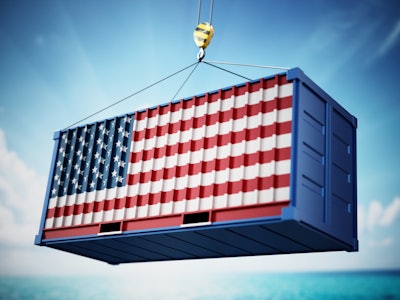
A recent study from Proxima shows that the majority of CEOs are concerned with human rights issues in their supply chain, and that the majority of CEOs are spending more time on supply chain issues.
“Addressing human rights issues across the supply chain is a huge challenge for businesses and it is clearly high up on the agenda for CEOs. We’ve seen a number of businesses fall victim to human rights issues and as we see increased scrutiny from customers and regulators supply chain transparency is going to become increasingly critical. This is the emerging priority for CEOs at a time when business leaders are spending more time than ever tackling supply chain issues,” says Simon Geale, EVP and chief procurement officer at Proxima.
From Yahoo! Finance:
- More than half (52.6%) of CEOs say they expect to spend more time on supply chain issues in the coming 12 months.
- Over two-thirds of CEOs (70.3%) say they are concerned about the potential for human or labor rights issues in their supply chain.
- In last year’s Supply Chain Barometer, just over one-quarter (26%) of CEOs said they had actively looked at on- or nearshoring some or all of their supply chains. This year’s results found that four in 10 (44.6%) CEOs in the United States are already either onshoring or considering as an option, and a similar ratio (39%) are looking seriously at nearshoring.
- Last year, just over one-quarter (27%) of CEOs said they looked for job cuts to mitigate the impact of inflation. This year, the figure has risen to more than one in three (35.8%), illustrating the increasing pressure being felt by business leaders.
- The research shows that just over one-third of U.S. CEOs (34%) said they have a formal business plan for decarbonization, and 34% have begun strategic collaboration conversations with their suppliers.




















